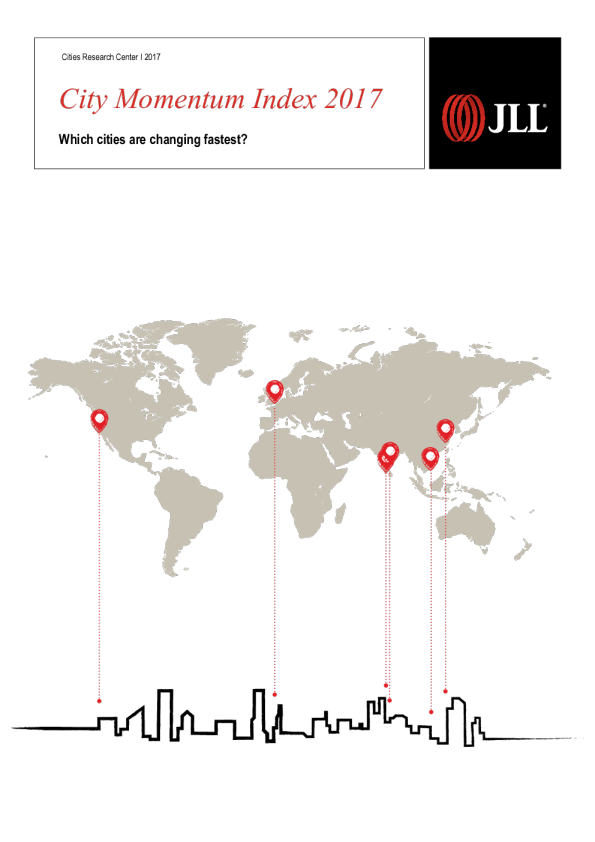City Resilience Index
 AI智能总结
AI智能总结Understanding and Measuring City Resilience: The Rockefeller Foundation & Arup's City Resilience Index
Acknowledgements
The development of the City Resilience Index, a tool aimed at diagnosing and measuring the resilience of cities, was made possible through the support of the Rockefeller Foundation. This initiative has benefited significantly from the guidance of Nancy Kete and Sundaa Bridgett-Jones, as well as feedback from various programs such as Rebuild by Design, Asian Cities Climate Change Resilience Network, and 100 Resilient Cities. The index was developed in collaboration with 10 cities worldwide, engaging local partners and experts to ensure the relevance and applicability of the index globally.
Foreword
Inspired by Jane Jacobs' influential work in urban planning, the City Resilience Index seeks to redefine how cities are considered, focusing on aspects such as identity, voice, inclusion, access, and opportunity in the context of dynamic urban growth and globalisation. As cities become more central to debates on planetary boundaries, economic futures, social stability, and climate change, the index aims to provide a comprehensive framework to articulate and measure city resilience.
Introduction
Facing increasing challenges from natural and man-made pressures, cities must adapt and thrive. The City Resilience Index, developed by Arup with the Rockefeller Foundation, is designed to enable cities to measure and monitor the multifaceted factors contributing to their resilience. It serves as a diagnostic tool, offering a holistic view of city resilience across four dimensions: health and well-being, economy and society, infrastructure and environment, and leadership and strategy.
Structure of the City Resilience Index
The index comprises 52 indicators that define and highlight the critical factors influencing city resilience. These indicators align with 12 overarching goals that every city should aim to achieve for resilience, encompassing universal priorities regardless of specific circumstances. The framework recognizes that while these goals are essential, the relative importance of each indicator varies significantly from one city to another.
Dimensions of Resilience
Resilience is fundamentally linked to four key dimensions:
- Health and Well-being: Ensuring the health and well-being of all residents.
- Economy and Society: Social and financial systems enabling peaceful urban living and collective action.
- Infrastructure and Environment: Critical services, protection, and connectivity provided by both man-made and natural systems.
- Leadership and Strategy: Informed, inclusive, integrated, and iterative decision-making processes.
The City Resilience Index offers a structured approach to measure and enhance resilience, facilitating dialogue, knowledge-sharing, and engagement among cities, governments, NGOs, universities, and the private sector. It aims to empower cities to capture the perspectives of marginalized communities, recognizing their disproportionate impact during disruptions and failures.





